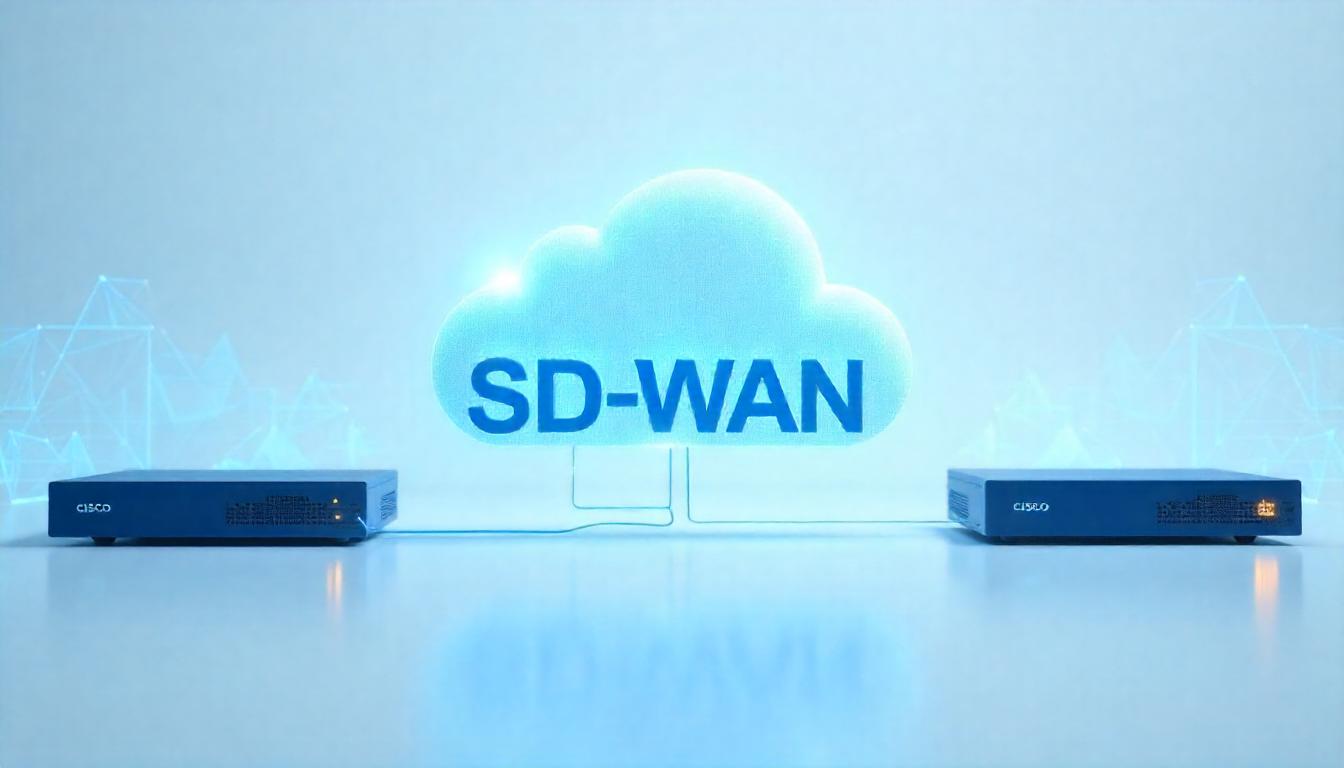
Palo Alto Firewall and Cisco Firewall, both are next-generation firewalls. They are a solution for the security of the network. They are qualified to ensure enterprise security demands. They provide the best network security solution.
when it comes to Palo Alto Firewall vs. Cisco Firewall, both get high marks from customers and industry analysts. But, there are some important differences between them.
Palo Alto is a particularly good fit when it comes to performance and advanced features. Cisco is an ideal choice for those organizations that are looking for a range of security services that can integrate with the firewall, and customers give the company strong marks for support.
Let’s throw light on the Palo Alto Firewall vs Cisco Firewall in this article and ensure which one is ideal for your business.

Palo Alto Firewal
Palo Alto is an adaptive security application. It unleashes the power of the cloud against a known and unknown threat. It allows or denies traffic by a single fingerprint and supports your port and IP policy rules.
It also allows you to create a policy based on applications of actual users in your network. Further, the Palo Alto Firewall can share global protection with all its subscribers. If one of your companies happens to encounter any type of online attack, the networks of all other subscribers get updated with that fingerprint automatically.
The best thing about it is that it allows some functions without blocking the entire thing. For example, you are able to use Facebook but block Candy Crush. Moreover, Palo Alto applications are made around these next-generation features. This means that there are no additional modules or management screens are required.
To learn more about Palo Alto technologies, visit our Palo Alto Trainings Page which contains various training courses, video guides, and lab practicals to train for Palo Alto Certifications.

Cisco Firewall
Cisco has a mature firewall architecture. But, this firewall typically rolls out features as modules, which means multiple management systems, sometimes for similar functions. Cisco’s Firepower is designed to let you detect telemetry and any potentially malicious file activity across users, networks, hosts, and infrastructure.
It prevents attacks in a single view via the Firepower Management Center. Until a few years back, Cisco did not have an advanced and next-generation firewall. Its applications did not have application control and identification.
However, Cisco reintroduced the X series with FirePOWER, which includes several features. The reviews of Cisco’s Firepower are good in the IDS/IPS realm.
This recent update of Cisco Fire Power has included additional enhancements, such as SSL decryption in software for encrypted traffic, APIs for automation and orchestration, and IPS signature-tuning for false positives.
It also helps customers upgrade. In general, Cisco is good for most enterprise use cases, especially when enterprises would like to deploy a broad set of security services that interact with the firewall. It is suitable for every organization from middle range to high range.
It provides a unified way of managing infrastructure with its solutions. In a nutshell, Cisco is one of the stable products when compared with other similar products available in the market. However, there are certain complaints about the increased complexity of Cisco firewalls for new ones.
To conclude, the Palo Alto Firewall and Cisco Firewall, both are next-generation network security systems. However, more and more small and medium businesses are opting for the Cisco firewall security system.
You can also explore other network security solutions by visiting our Network Security Courses Page.
-min.jpeg)
Comments (0)
Popular posts


What are The Different Types of Network ...
21 Mar 2025
Cisco Certification Exam Cost: Fees and ...
31 Dec 2024
New Cisco CCNA Syllabus for 2025
2 Apr 2025
Palo Alto Exam Cost: PCNSA, PCNSE & More
4 Jan 2025Recent posts

Palo Alto Networks Certification Guide
23 Apr 2025
What is User Datagram Protocol (UDP)?
22 Apr 2025
Microsoft Certified Azure Fundamentals ...
21 Apr 2025
Benefits and Drawbacks of Virtualization ...
21 Apr 2025
What is Virtualization in Cloud ...
21 Apr 2025Upcoming batches
Contact learning advisor










